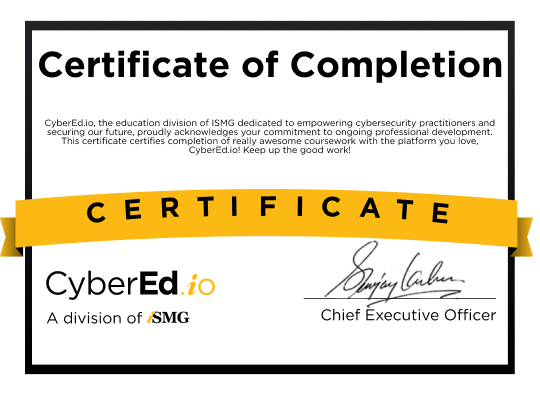Daniel Norman of Information Security Forum moderates discussion with Sune Aggergaard Mortensen of DCAI and Rune Ören Skarphagen of Play'n GO on managing hyperscaler dependencies amid geopolitical fragmentation.
Geopolitical stability that underpinned decades of technology globalization is fragmenting. U.S. export regulations now serve as political leverage, while European organizations confront uncomfortable dependencies on American hyperscalers. Nordic countries face stark choices: Norway's government has funded data extraction from U.S. systems to ensure availability, while French initiatives demonstrate the complexity of disentangling from Microsoft, Google and Amazon infrastructure.
Planning now extends beyond traditional peacetime scenarios to hybrid war contingencies where cloud availability cannot be assumed. Yet individual organizations cannot solve systemic dependencies alone. Building European technological independence requires coordinated political will and strategic procurement leveraging collective buying power.
In this insightful session, the panel of experts will discuss:
- Understanding data classification requirements for on-premises, national, EU and global cloud deployment;
- Balancing operational pragmatism with long-term sovereignty objectives amid regulatory uncertainty;
- Preparing continuity plans that account for geopolitical disruption beyond traditional risk scenarios.
Here is the course outline:
Geopolitical Risk and Third-Party Security: Partner Risk Management in a Fractured World |
Completion
The following certificates are awarded when the course is completed:
 |
CPE Credit Certificate |



